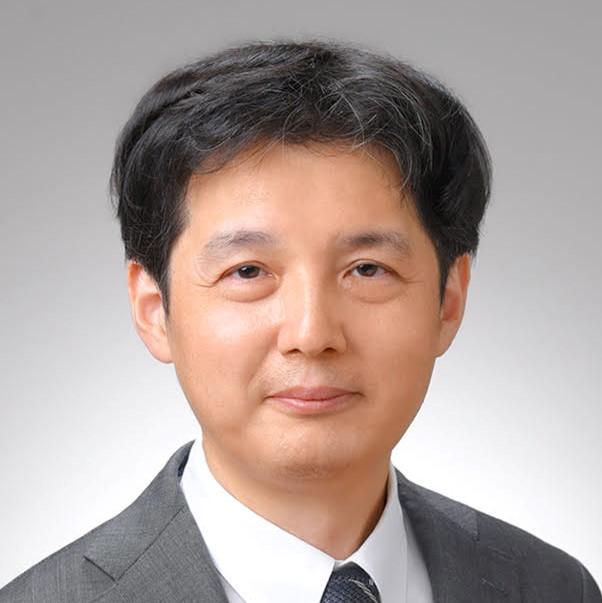Why Do People Engage in Research?
Toshiro Sato
Dean, Graduate School of Medicine
As Dean at the Keio University Graduate School of Medicine, I would like to share a few of my own thoughts on what research means to me. Let me begin with the question: “What is research?” While the theme is a profound one, for our purposes, I shall define it here as the creation of new knowledge through exploration. In other words, it is the pursuit of extending knowledge beyond what is found in textbooks, or generating new knowledge previously unknown.
Research at the Keio Graduate School of Medicine can be broadly divided into two directions. One is what we call “exit research.” This refers to research that begins with a clear goal, such as the diagnosis, treatment, or prevention of disease. With its close links to medical care, it is a field of research with considerable societal expectations. The other is “entrance research.” This type of research begins from pure curiosity—why diseases occur or how life is sustained, for example. While it may not lead to immediate treatment, it offers new perspectives and future possibilities as you tackle the fundamental questions of research. But in reality, research cannot be neatly divided into an entrance and an exit. While pursuing exit research, one may encounter entrance questions, and research that began from curiosity may unexpectedly lead to the discovery of a new treatment. The real appeal of research lies precisely in this back-and-forth.
So, when asked “Why do research?,” the answer that feels most natural to me is: “Because it’s fascinating.” Sometimes research doesn’t go as planned and the work feels tough, but the joy and surprise of stumbling upon an unexpected discovery after trial and error is beyond compare. The fascinating part of research lies in those moments when results defy expectations or hold the possibility of greatly benefiting society.
To all of you beginning your research journey, I hope you will experience firsthand the excitement it holds. The fulfillment that comes with overcoming difficulties and transforming your own discovery into reality will stay with you for life. At the Keio University Graduate School of Medicine, we are committed to supporting you in those challenges and providing the stage where you can turn your dreams into reality.

Prof. Sato serves as the Dean of the Graduate School of Medicine and Professor in the Department of Biochemistry. His areas of specialization include gastroenterology, oncology, and regenerative medicine.
Related Links


